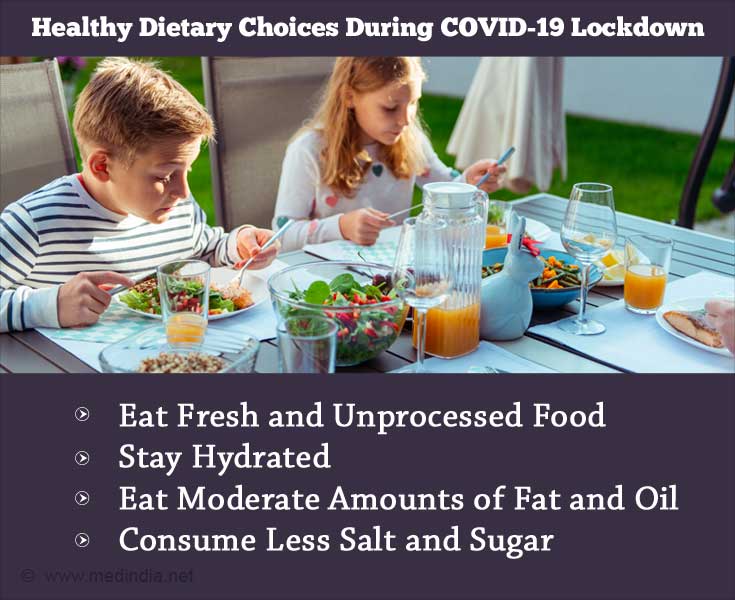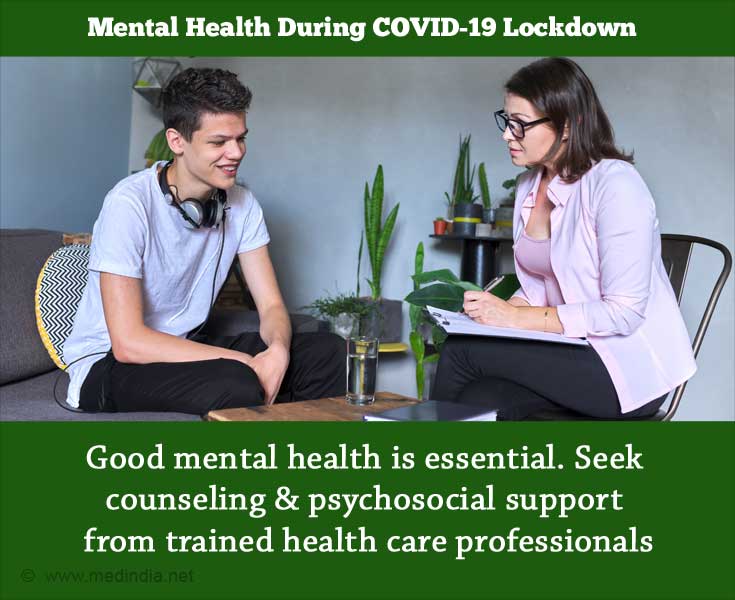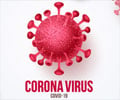Dietary Choices and Habits During COVID-19 Lockdown
Here are some simple and easy steps to a healthy diet -
1. Eat Fresh and Unprocessed Food
- Fresh fruits and vegetables should be consumed. Legumes (lentils, beans), nuts and whole grains (unprocessed maize, oats, brown rice, millets) must be included in the diet. Starchy tubers, roots such as potato, taro, yam or cassava and foods from animal sources (milk, eggs, meat, fish) can be included as a part of a healthy diet. Daily, eat: 2 cups of fruits (4 servings), 2.5 cups of vegetables (5 servings), 180 g of grains, and 160 g of meat and beans (red meat can be eaten 1−2 times per week, and poultry 2−3 times per week).
- For snacks, avoid eating foods containing high amounts of fats, sugars and salt. Instead, opt for fresh fruits or salads.
- Do not overcook vegetables as this can lead to loss of essential vitamins and other nutrients.
- When choosing canned foods, choose varieties without added sugar or salt.
2. Stay Hydrated
- Water is essential for life as it transports nutrients and compounds in the blood, regulates body temperature, gets rid of waste, lubricates & cushions the joints.
- Guidelines recommend drinking at least 8-10 cups of water daily.
- To remain hydrated, you can drink homemade lemon juice (unsweetened if you are diabetic), fruit juices or soups.
- Avoid caffeine consumption, packaged/ processed fruit juices, syrups, fruit concentrates as they are loaded with high sugar content.

3. Eat Moderate Amounts of Fat and Oil
- Consume unsaturated fat (found in fish oil, avocado, nuts, olive oil, soy canola, sunflower, and corn oils) rather than saturated fats (found in fatty meat, butter, coconut oil, cream, cheese, ghee, lard, etc).
- White meat (poultry) and fish should be preferred over red meat.
- Avoid processed meats as they are high in fat and salt content.
- Opt for low-fat dairy products.
- Avoid trans fats of all kinds, industrially produced trans fats, which are usually found in processed food, fast food, snack food, fried items, frozen pizzas, pies, cookies, margarines, spreads & ruminant trans-fats (found in meat and dairy foods from ruminant animals, such as cows, sheep, goats and camels.
- Less than 30% of total energy intake from fats is recommended for preventing unhealthy weight gain in adults. It is suggested that the intake of saturated fats be reduced to less than 10% of total energy intake and trans-fats to less than 1% of total energy intake.
- Fat intake can be reduced in the following ways:
- Steaming or boiling vegetables instead of frying them.
- Replacing butter, ghee, lard with unsaturated oils.
- Limiting consumption of baked and fried food items, pre-packaged foods - doughnuts, cakes, pies, cookies, biscuits, wafers.
4. Consume Less Salt and Sugar
- Use a limited amount of salt while preparing meals; limit the amount of high sodium condiments (e.g., soy sauce & fish sauce).
- Limit salt intake to less than 5 gm (approximately 1 teaspoon).
- In both adults & children, sugar intake should be reduced to less than 10% of total intake. A reduction to less than 5% (6 teaspoons) of total intake has additional health benefits.
- Avoid snacks and drinks with excess salt or sugars. Choose fresh fruits instead of sweet snacks.
- High sodium intake and insufficient potassium intake contribute to high blood pressure, which increases the risk of heart disease and stroke.
- Potassium can mitigate the adverse effects of elevated sodium consumption on blood pressure. Potassium intake can be increased by consuming fresh fruits and vegetables.
5. Psychological Counseling
- Apart from a healthy body, it is important to have good mental health too.
- Suspected or confirmed COVID-19 people require support with their diet and mental health to have a speedy recovery.
- Seek counseling and psychosocial support from appropriately trained health care professionals.

Eating well and staying physically active during the COVID-19 outbreak is important for our physical and mental well-being.










